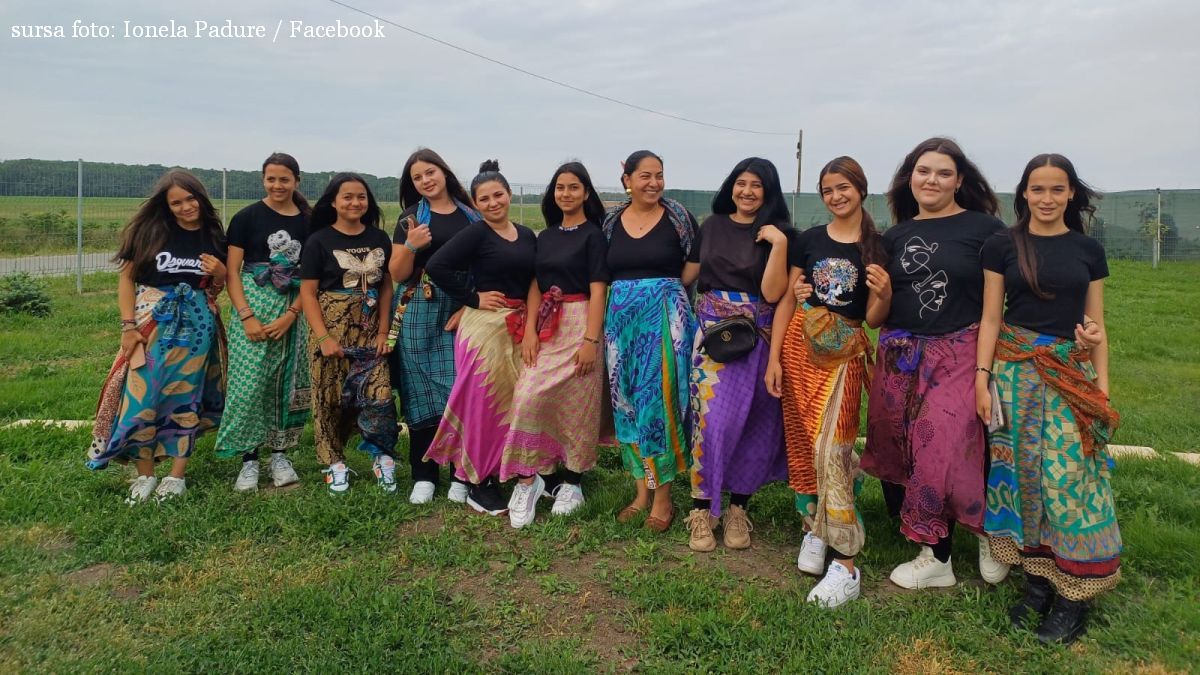Social Enterprises Gain Popularity
Social economy, a non-profit sector based on social solidarity and environmental protection, accounted for 4% of the GDP as early as 2010

Christine Leșcu, 13.01.2016, 14:00
Social economy, a non-profit sector based on social solidarity and environmental protection, accounted for 4% of the GDP as early as 2010. In Romania, as early as 2009, social enterprises employed over 3.3% of the total working population. This sector has been slow in growing, but finally last year a law was passed on the social economy, aimed at developing an alternative model of social inclusion for vulnerable groups.
Dobrogea is one of the regions of Romania with the worst combination of social and environmental problems. 10 social economy structures (SES) have been created in that region, as well as around Bucharest. These micro enterprises appeared as a result of the TURECO project run by the National Center for Sustainable Development, with European financing. TURECO aims to help 460 people through this initiative. These are members of families with more than two children, single parent families, school dropouts, people in isolated communities, people living on minimum wage, people with disabilities, ethnic Roma, as well as people over 18 years of age who have recently left a child protection institution.
The Danube Delta, an ecologically significant area, but faced with social challenges, was one of the targets of the project. In Maliuc, on the Sulina canal, two social economy structures have emerged: a travel agency for nature watching and photography, and another one for producing local souvenirs.
Florin Palade from EcoPontica Foundation, the creator of the two SES, told us why they picked this village: “This village has around 1,060 inhabitants, in five clusters. This village has a crucial position, being placed at Mile 24 on Sulina Canal, close to the city of Tulcea. At the same time, it is close to Fortuna Lake, an area considered one of the best for photography by us, nature and fauna watchers.” The Delta has always been attracting foreign bird watchers, and the project initiators aim to attract more and more. However, they don’t aim to develop mass tourism in the Delta.
Florin Palade points out that more advantageous would be small scale, ecologically responsible tourism: “We try to educate tourists, even the Romanian tourists, to show more respect for nature and to discover the pleasure of nature watching. Compared to central and western European countries, we are just beginning. However, we notice that more and more young people from Romania take up nature photography and protection. The market is growing.”
Also in Dobrogea, in the northwest, close to Braila and Galati, you can find the Macin Mountains National Park, as spectacular and diverse an area as the Danube Delta, but unfortunately lesser known. The local administration in Greci also developed two SES: a bicycle rental center for exploring the mountains, and a souvenir shop. In addition, they organize a cycling competition, a marathon, and a photography camp, in the hope of elevating the tourism and economic potential of the area.
Deputy mayor of Greci, Bogdan Bajenaru, told us about the local attractions: “Macin Mountains National Park is not a big one, it has around 11,000 ha, but has a great biodiversity. You can find here over half of Romania’s flora, over 1,900 plant species. Macin Mountains are the oldest in Romania, among the oldest in Europe, around 350 million years old, way older than the Carpathians. Its highest point is Tutuiatu Peak, within our village limits, and has an elevation of 467 meters.”
The people in the Macin area also want to encourage eco-tourism, as opposed to mass tourism. Here is Bogdan Bajenaru once again: “This is an area that attracts tourists who love nature and want to enjoy it in tranquility. They walk or bike in the area. The possibility offered by the SES to rent bikes, or hire a guide, is another important aspect, which encourages locals to try new things or develop existing opportunities. This is what we’ve been trying: to make them understand that the area is their home, it brings added value through agro-tourism and eco-tourism. We have developed a food market where we sell exclusively natural and traditional products. We also use the local granite, wood and roof tiles. At the market, the locals sell their merchandise, supplying tourists with organic products. The market also has a tourist information center, that provides local souvenirs.”
The TURECO project has created 4 jobs in Greci, and has provided counseling to 40 people, helping them discover alternative sources of income. A best practices guide is also available for people interested in developing the social economy.






























